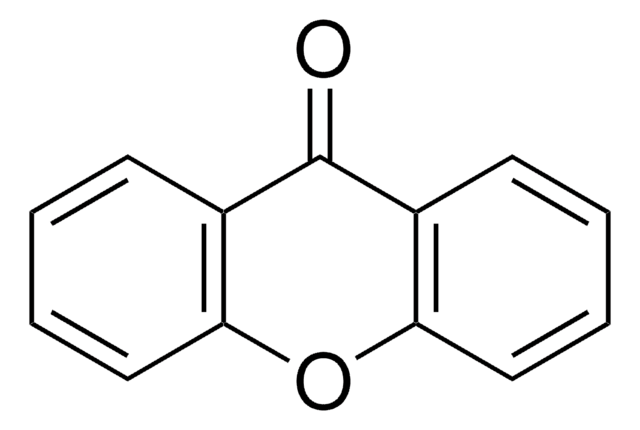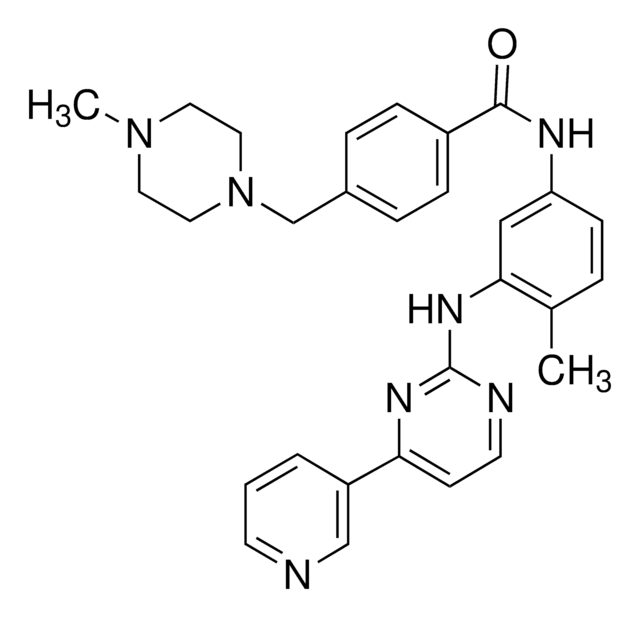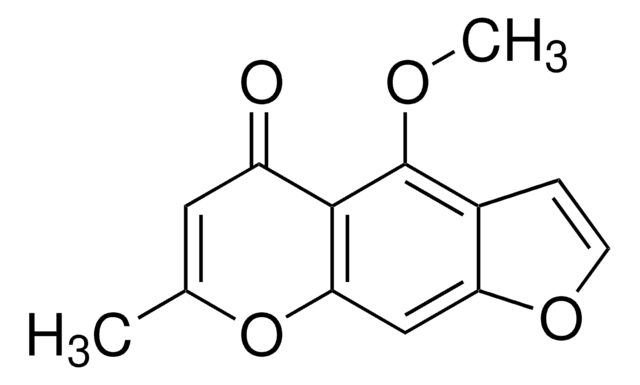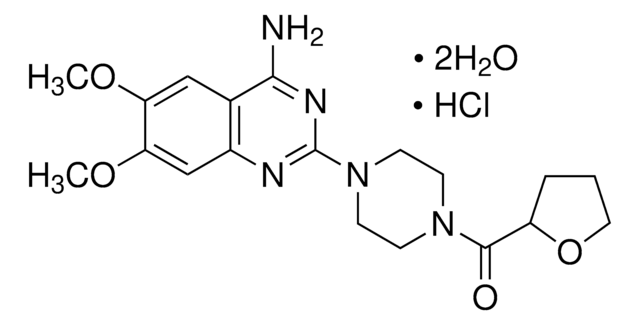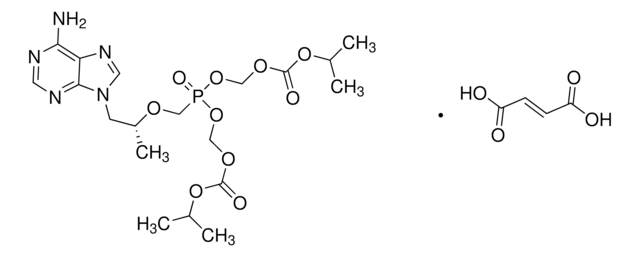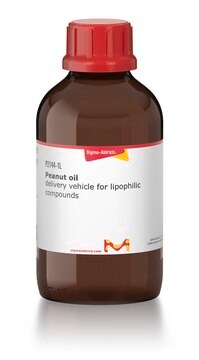1720203
USP
Xanthone
United States Pharmacopeia (USP) Reference Standard
Synonym(s):
9-Xanthenone
About This Item
Recommended Products
grade
pharmaceutical primary standard
API family
propantheline
manufacturer/tradename
USP
bp
349-350 °C/730 mmHg (lit.)
mp
172-174 °C (lit.)
application(s)
pharmaceutical (small molecule)
format
neat
SMILES string
O=C1c2ccccc2Oc3ccccc13
InChI
1S/C13H8O2/c14-13-9-5-1-3-7-11(9)15-12-8-4-2-6-10(12)13/h1-8H
InChI key
JNELGWHKGNBSMD-UHFFFAOYSA-N
Looking for similar products? Visit Product Comparison Guide
General description
Application
- Propantheline Bromide
- Propantheline Bromide Tablets
Analysis Note
Other Notes
related product
Storage Class Code
11 - Combustible Solids
WGK
WGK 3
Flash Point(F)
Not applicable
Flash Point(C)
Not applicable
Certificates of Analysis (COA)
Search for Certificates of Analysis (COA) by entering the products Lot/Batch Number. Lot and Batch Numbers can be found on a product’s label following the words ‘Lot’ or ‘Batch’.
Already Own This Product?
Find documentation for the products that you have recently purchased in the Document Library.
Our team of scientists has experience in all areas of research including Life Science, Material Science, Chemical Synthesis, Chromatography, Analytical and many others.
Contact Technical Service